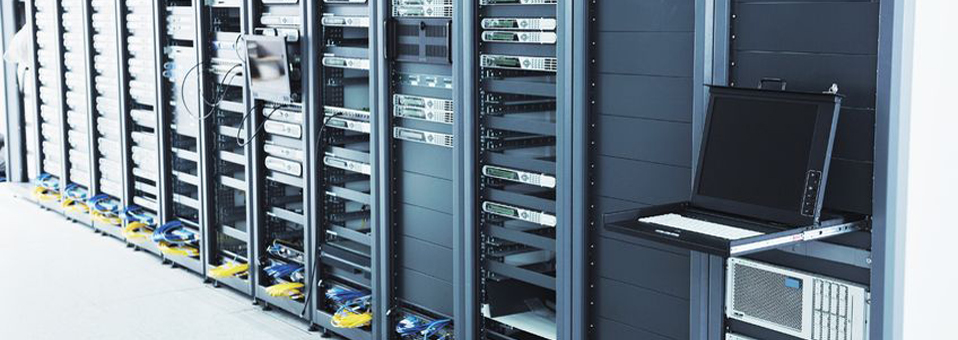


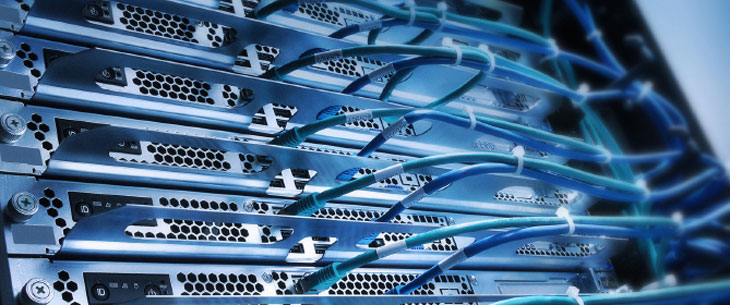
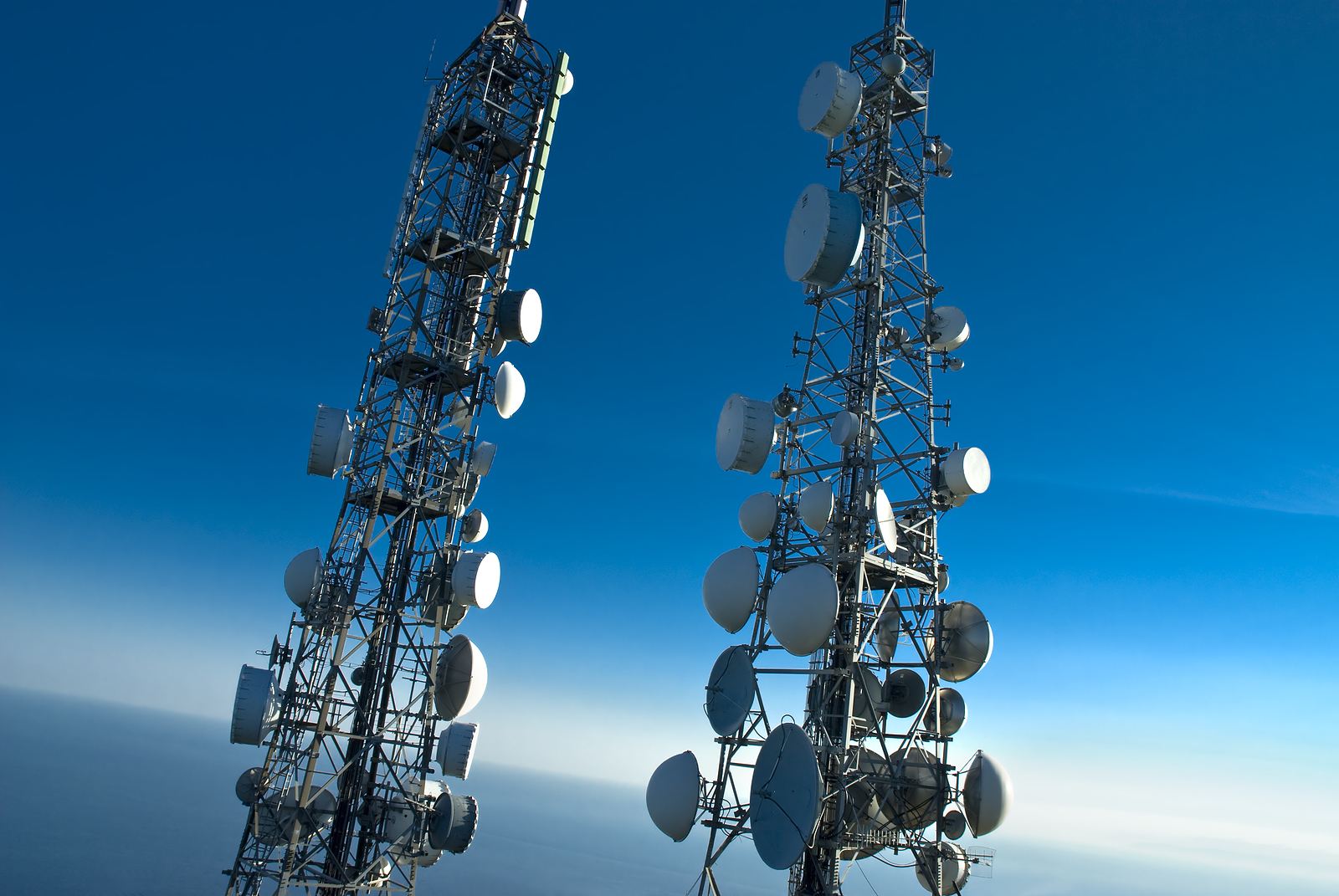
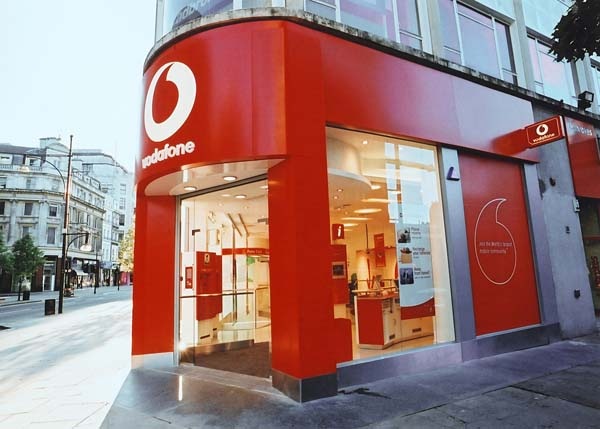
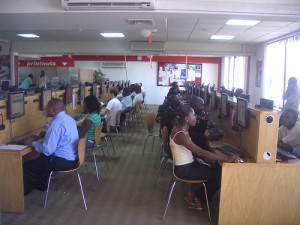
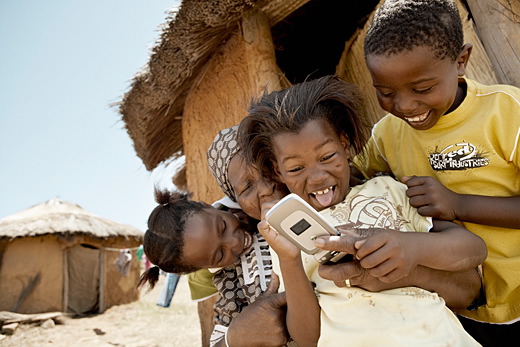

ICT and Telecommunications
Investment Opportunities, Industries and Sectors
The Telecommunication and Information Technology sector in Ghana is progressing better than in other low-income countries; 1.1% above the average of the Sub-Saharan African region. The Government identified the sector as one of the priority areas and set the liberal policy agenda in line with this goal. The thrust of the policy is to, primarily, concentrate on promoting ICT physical infrastructure development, which will in turn facilitate the development of the private sector. As a result, the country is emerging as a digital-based mixed economy with increasing primary manufacturing and exportation of digital technology goods.
The Telecom subsector is currently characterized by vibrant competition and innovative products and services. Presently, the country has six (6) registered mobile operators. Free competition among mobile-phone companies in Ghana is an important part of the telecommunications industry’s growth. Ghana is one of Africa’s largest mobile markets with about 40.9 million subscribers and a penetration rate of 1138% and 10.11 million Internet users, which is close to half of the national population of 29.6 million.
Internet usage has caught up rapidly with Ghanaians over the last decade. Ghana was one of the first countries in Africa to connect to the Internet and today has the third fastest speed on the African continent. As at 2018, there are four broadband wireless access licensees and fifty-two (52) authorized Internet Service Providers providing data. The total number of subscriptions for 4G Data was 1.1 million as at the end of December 2018. Total subscriptions for 2G/3G mobile data in the country were 26.2 with a penetration rate of 88.84% at December 2018. Ghana is ranked the number one (1) destination in West Africa (ahead of Cote d’Ivoire and Senegal) and number eleven (11) in Africa in the International Telecommunications Union’s Global ICT for Development Index 2017.
Investment opportunities exist in the provision of ICT facilities and infrastructure on a broad scale across the nation, extension of broadband/ fibre infrastructure and computer access to rural students among others.
